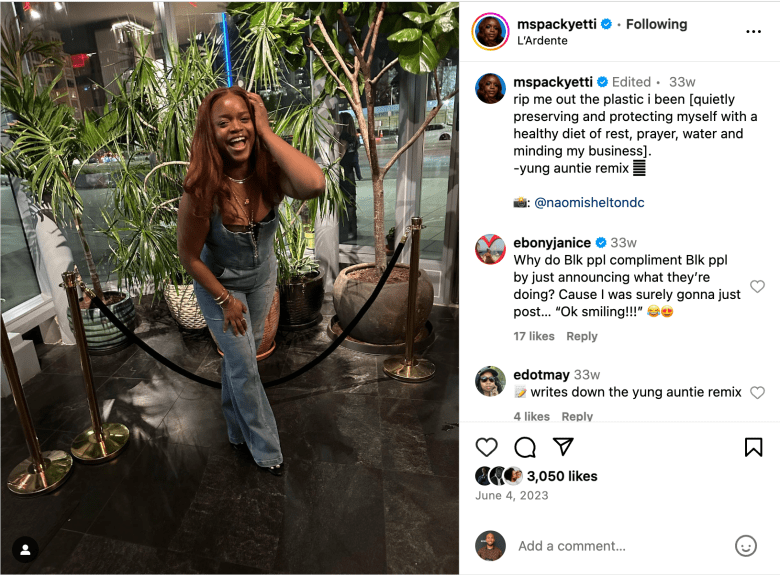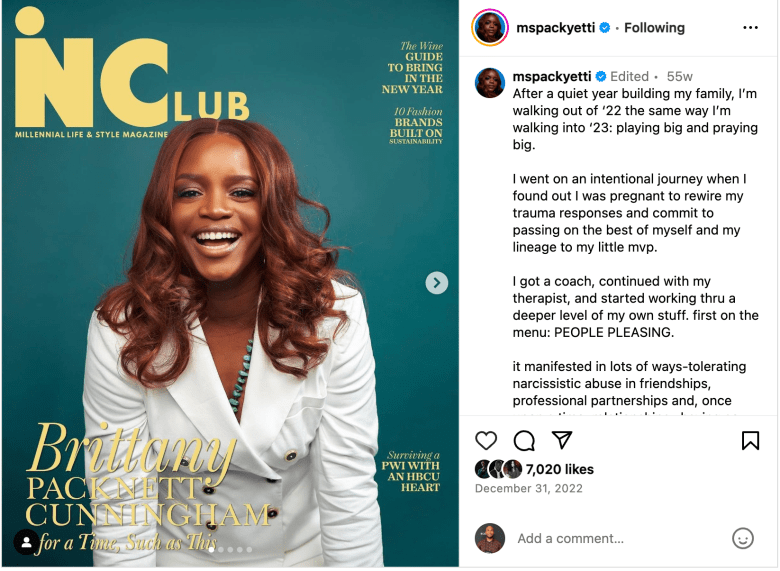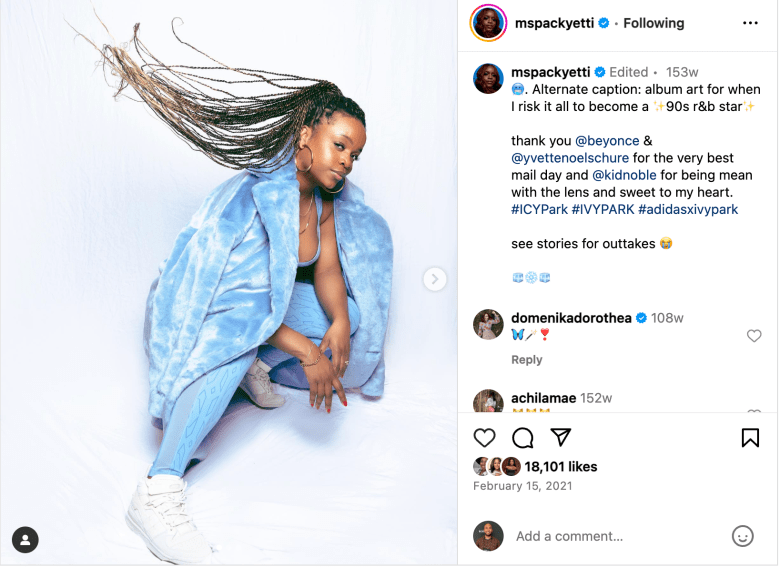|
Listen to this article here
Getting your Trinity Audio player ready...
|
Taking on social injustice comes in many forms, from quiet and soft to more direct approaches. When it comes to equity and justice, few people are as straight to the point as Brittany Packnett Cunningham. As an activist, Brittany is one of the most vocal when it comes to police brutality, racial injustice, and education inequality in the United States.
Through her actions, Brittany Cunningham has already inspired change in several ways, but there’s little doubt that for Brittany and BIPOC people, there’s still a very long and hard road ahead for equality. That’s why she doesn’t stop, doesn’t slow down, and continues to fight for social justice.
The Beginnings of Brittany’s Activism

Brittany was executive director for Teach for America in Missouri when the police shot and killed Michael Brown. What followed was what is now known as the “Ferguson Unrest,” a series of protests and riots in Ferguson, Missouri.
While the mainstream media typically portrayed these protests as completely violent and sometimes anarchistic — focusing only on isolated cases — Brittany took to the streets to show the world what the protests actually looked like. She was highly active on Twitter, showing people what was going on and not the “distorted media narrative of the protests.”
Brittany also brought to light the plight of African Americans living in these areas. She showed her followers their struggles, and how often they have to deal with racism and police brutality.
All of this gained mass attention. Brittany was also interviewed by multiple national news outlets, and the story of what was going on in Ferguson spread farther than anyone could ever imagine. So was the beginning of Brittany’s career as an activist.
Aftermath and Campaign Zero

Brittany not only gained a massive following due to her work in the Ferguson Unrest, but she also gained a seemingly equal number of critics. In the aftermath of the protests, critics challenged Brittany and other activists to come up with a solution rather than just “complaining.”
Their solution was Campaign Zero, a 10-point set of reforms for the police that aimed to end their discrimination and brutality.
While Campaign Zero was accepted by many and became influential, it was also met by some with stubbornness to change. Others criticized the campaign as being good on paper, but difficult to enforce.
“The truth of the matter is, there are lots of ways in which people need to educate themselves first so that they can be having influential conversations with the people in their lives,” Brittany Cunningham told Forbes. “There are issues happening nationally, globally and in your own community that it is so important to critically educate yourself on because often we see people stepping up to help without the proper knowledge and information that they need to do it well.”
Presidential Appointment and the Future

In 2015, Brittany Cunningham was appointed by President Barack Obama to the Task Force on 21st Century Policing. There she helped shape policies to help end police discrimination and brutality. Again, the task force was influential, but like before, problems arose when it came to implementation and enforcement.
After the 2016 election, Brittany showed no signs of slowing down. She continuously made her voice heard and pushed for education and reforms in several areas including white privilege, systemic racism, and of course police brutality.
Looking back, there has certainly been some progress since the Ferguson Unrest to today. Black suffering, which was so often swept under the rug, is now a mainstream topic. However, change is still far on the horizon, and activists like Brittany are going to continue the fight until equality is achieved.


